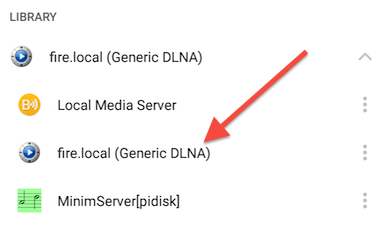

You can use any text editor (like Notepad) to verify the Paths the Playlists uses for the files and modify these Paths if incorrect prior to import.

Export all playlists from the player to a format like M3U files.MediaMonkey by default saves tags to the files, but can be forced to save database values using Tools > Edit Tags > Update Tags (MediaMonkey 5) or Tools > Advanced Tag Management > Synchronize Tags (MediaMonkey 4).When tags are missing a work-around is to use the folder/filenames to tag your files in MediaMonkey with Auto-Tag from Filename:.This may not be a feature on all software. Make sure that the software has saved tags to the files.Album Art: embedded in file tags and any saved in folders that contain files from a single album (iTunes uses a proprietary method for Artwork which isn’t available to be used by other Players like MediaMonkey).Ī full description of tags that are supported appears in the Online Help: Help: Track Properties & Tag Formatsīefore switching from your existing player you should:.File Ratings and Play History: from Windows Media Player, iTunes, and WinAmp databases.MediaMonkey can read limited data from some applications directly. You can migrate from other applications to MediaMonkey relatively easily if the Player saves tags to the files following the standards and allows for export of Playlists.


 0 kommentar(er)
0 kommentar(er)
